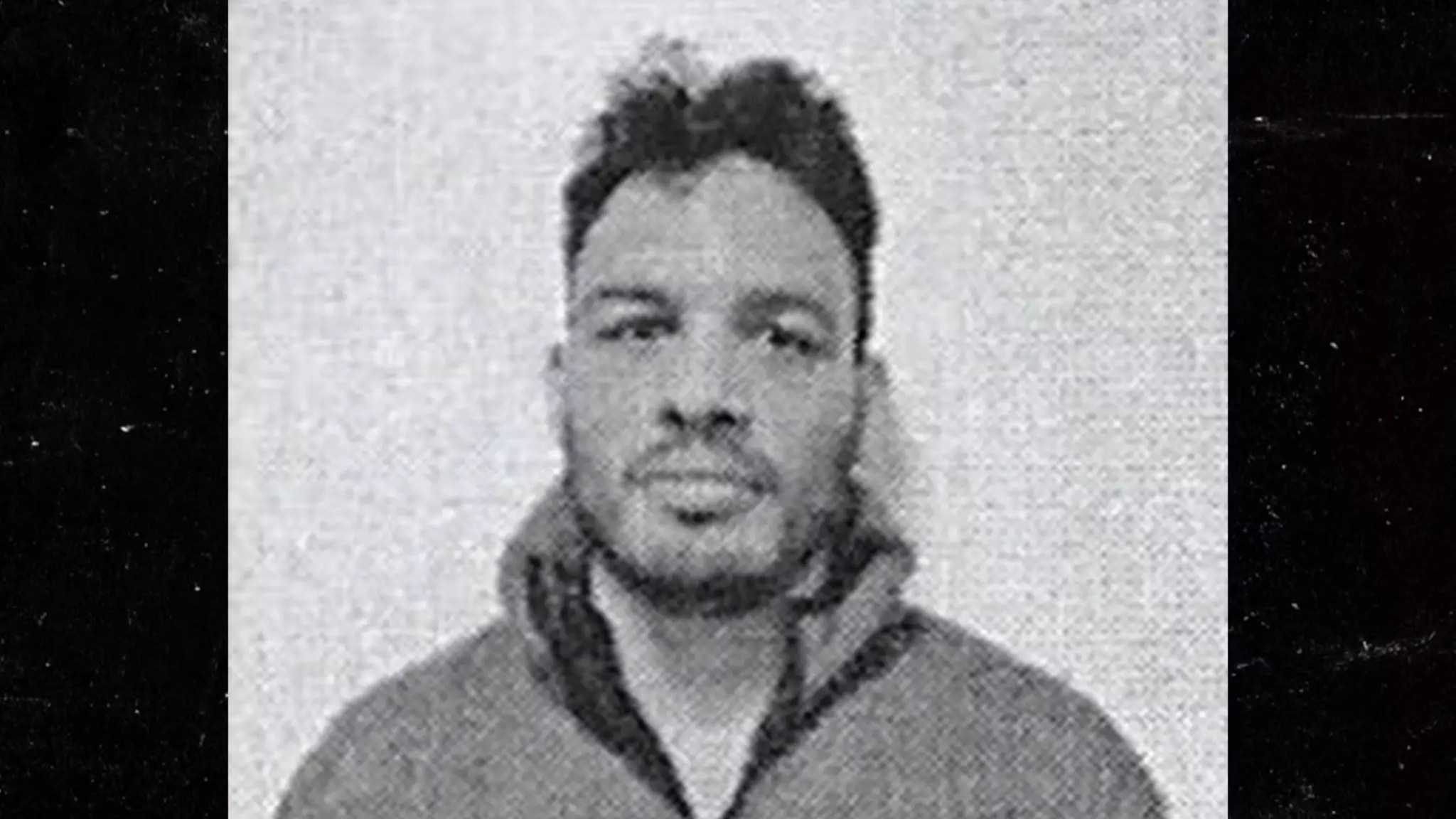Julio Cesar Chavez Jr., once celebrated as a formidable figure in the boxing world, has seen his reputation tarnished by a series of legal and criminal issues. From his days sharing the ring with elite fighters like Canelo Alvarez and even facing off against Jake Paul, Chavez Jr. appeared to be carving out a legacy of resilience and athletic prowess. However, beneath the gloves and championship titles lies a troubling pattern of behavior that now threatens to overshadow his athletic achievements. His recent arrest signals how personal disputes, legal pitfalls, and associations with criminal elements have converged, transforming a once-aspirational sports hero into a figure mired in controversy.
Unraveling the Gravity of His Legal Troubles
The arrest of Chavez Jr. by Immigrations and Customs Enforcement (ICE) in Studio City, California, marks a dramatic turn in his life. With allegations connecting him to a Mexican warrant for weapons trafficking and links to the Sinaloa cartel, the situation becomes exceedingly grave. The Department of Homeland Security explicitly mentions his involvement in organized crime, including trafficking firearms, ammunition, and explosives—serious charges that put national safety at risk. While Chavez Jr. has had previous legal issues in the United States, such as DUI and driving without a license, these pale in comparison to the allegations of organized crime and international trafficking.
This arrest underscores a troubling reality: that fame and notoriety can sometimes mask deeper issues, issues that are only exposed when legal authorities take a close look. The timing, just days after his boxing match with Jake Paul, feels particularly ironic and possibly illustrative of a pattern of reckless behavior. It also puts under scrutiny the gaps in law enforcement’s previous efforts to address his transgressions, raising questions about missed opportunities for intervention.
The Broader Implications of His Downfall
Chavez Jr.’s case reflects more than personal misconduct; it symbolizes a larger failure of systems that permit the entrenchment of criminal influence within the fabric of society. Homeland Security officials have expressed frustration over past administrations that overlooked the active warrants, suggesting a cycle of complacency that enables dangerous individuals to evade justice. Their message is clear: no one, regardless of fame or reputation, is immune from legal repercussions.
Furthermore, this incident throws into sharp relief the dangerous allure of cartel affiliations and the damaging influence of organized crime networks in North America. Chavez Jr.’s connections supposedly link him to a well-known criminal syndicate, illustrating how easily the world of athletics can intersect with more nefarious activities when discipline and individuals’ morals are compromised. His arrest, being swiftly followed by deportation, also highlights the complicated, often tangled relationship between the United States and Mexico regarding cross-border crime.
The fallout from this event will undoubtedly resonate within the boxing community and beyond. It challenges the public’s perception of heroism, reminding us that behind every champion is a human being susceptible to flaws and potentially destructive choices. Chavez Jr.’s story, therefore, acts as a cautionary tale: fame can elevate, but it can also obscure the very truth that personal integrity must remain unwavering, especially when one’s actions have broader societal implications.







Leave a Reply